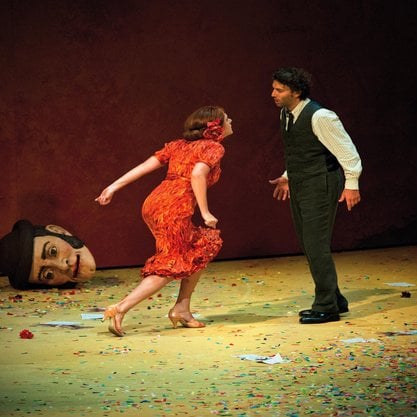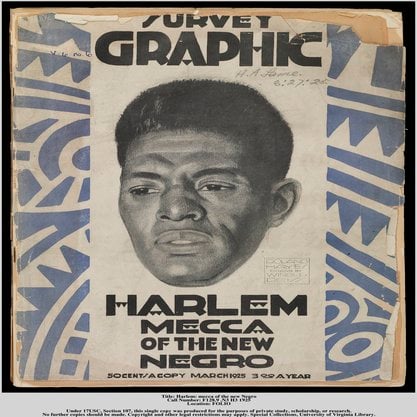Article
Rice, Elmer (1892–1967) By Chambers, Jonathan
Article
Born Elmer Reizenstein in New York City on September 28, 1892, Elmer Rice’s career spanned nearly fifty years. He wrote over fifty plays, including collaborations with Dorothy Parker (Close Harmony, 1924), Philip Barry (Cock Robin, 1928), and Langston Hughes and Kurt Weill (the musical adaptation of Street Scene, 1947), and explored a variety of dramatic forms. His professional theater debut came two years after graduation from New York Law School, with the enormously successfully On Trial (1914), a crime drama noted for its use of flashback. An antiwar play, The Iron Cross (1915), followed. Both works exemplify a career-long interest in inflecting the melodramatic form with new methods and in exploring the complexities of modern life. These inclinations are seen in The Adding Machine (1923) and Street Scene (1929). The former, a critique of the machine age, is a model of American expressionism; the latter advanced stage realism in the United States with a disorienting depiction of urban life. While these plays demonstrate an interest in new techniques, they are also rooted in melodrama and sought to promote liberal democratic social reform. Street Scene was awarded the 1929 Pulitzer Prize for Drama.



